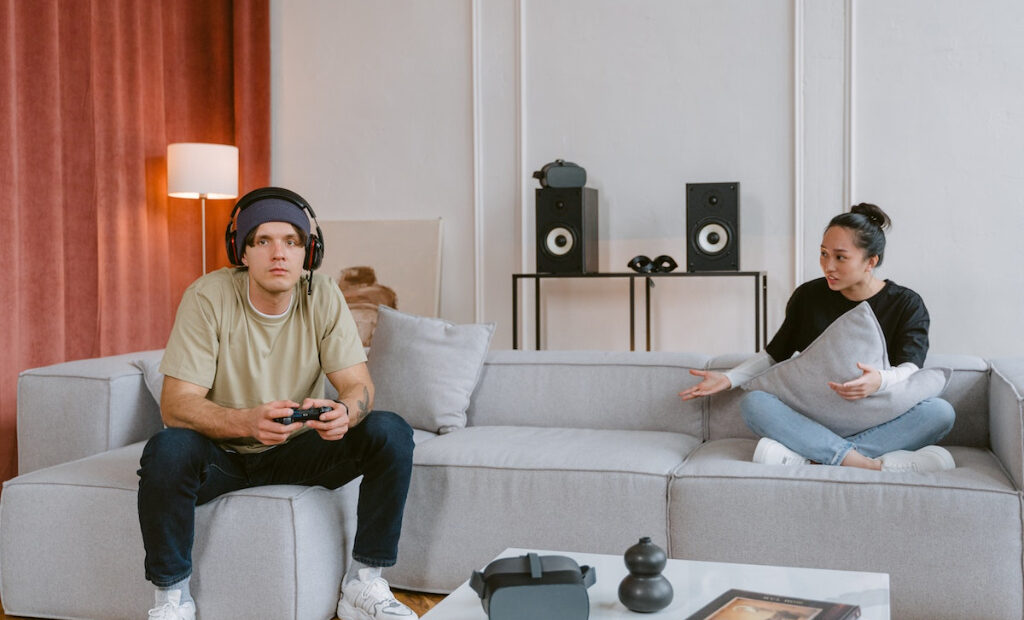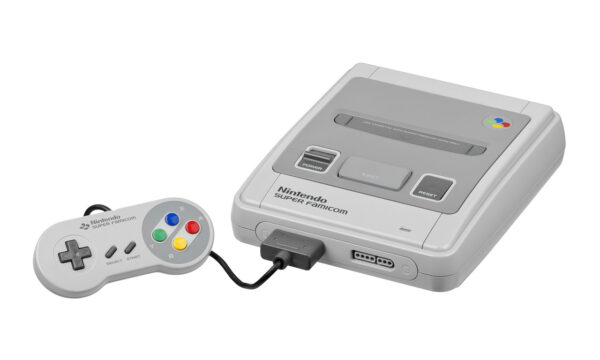Video games and mental health: Is there a connection?

Everything everyone does is ruled by the brain, which means that any activity is directly associated with mental health, especially if it has long-term influence. Considering this fact, it becomes pretty clear that video games are not an exception and that excessive gaming can lead to multiple symptoms of mental disorders.
Do video games cause mental health problems?
Nowadays, a lot of research is being conducted on the effects that video games can have on mental health. All preoccupations become reasonable when more and more scientists, along with psychologists, insist on potential harmful effects on the brain, which excessive gaming can result in.
According to recent reports, depression and anxiety are among the most commonly met issues among gamers. Playing too much makes the brain distracted from reality, it gets addicted to the constant desire to win. When a game is lost, enthusiasm and thriving for wins keep asking for more and more tries, which overstimulates the brain and can lead to depression and anxiety. Even though, these mental problems may seem easy to treat, they are not.
There are also other factors that are not at all pleasing for mental well-being. Violence, represented in a decent part of video games, is another potential danger. Gamers not only see violence happening, but they also take part in such actions towards other players, which can allegedly later cause uncontrollable outbursts of aggression in real life.
Video games and depression
First of all, it’s important to highlight that young players are more prone to negative effects caused by gaming. Studies have shown that more than two hours per day spent playing violent video games significantly increases symptoms of depression in youth. Apart from depression or its early symptoms, young players also frequently demonstrate negative emotions towards their family and peers, low self-esteem and poor performance at educational institutions.
The right way to manage these alleged problems would be to decrease the amount of time spent playing on daily basis. Finding some other inspiring activities and socialising may also help change a gamer’s focus of attention. It’s possible to control which websites a user visit by installing a good antivirus with parental control. It’s possible to find one on Antivirusly alongside with reviews and customers’ feedback.
Video games and anxiety
Gaming addiction sometimes result in anxiety. There’s no particular thing in video games that is directly associated with anxiety, because the triggers are different for everyone. However, due to multiple researches, timing is responsible for the cause of anxiety.
People, who spend most of their free time playing, often develop antisocial behaviour, which turns into a big problem in the future if not treated on time. Furthermore, gaming addiction becomes a vicious circle, because the brain gets used to the dopamine outburst, which brings the feeling of reward and then this becomes addictive.
The understanding of the fact that the majority of these problems can be avoided by just cutting down on time spent in front of gaming console or computer, can help many gamers establish a normal gaming activity.
The editorial unit























Facebook
Twitter
Instagram
YouTube
RSS